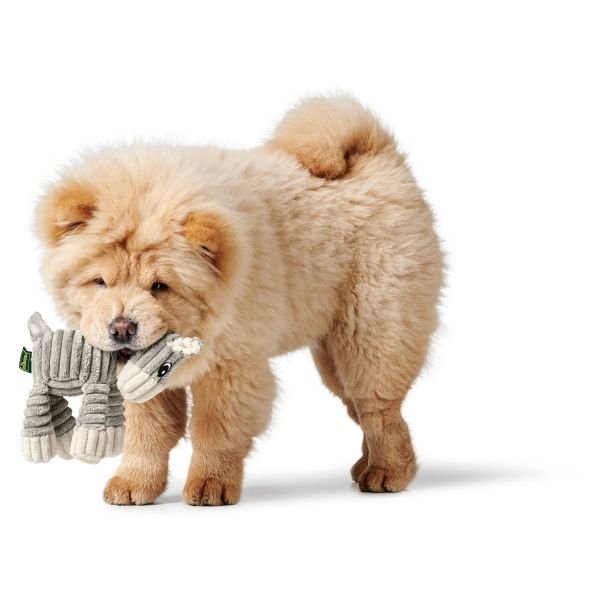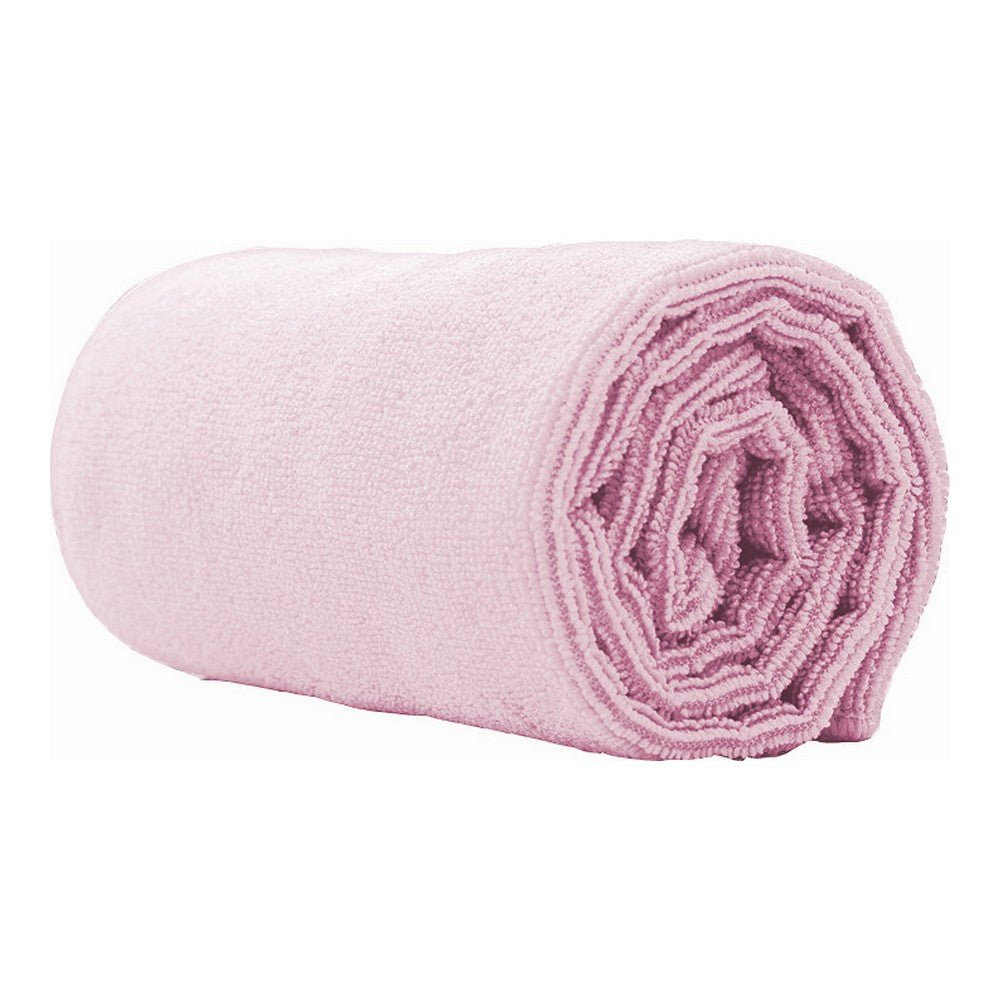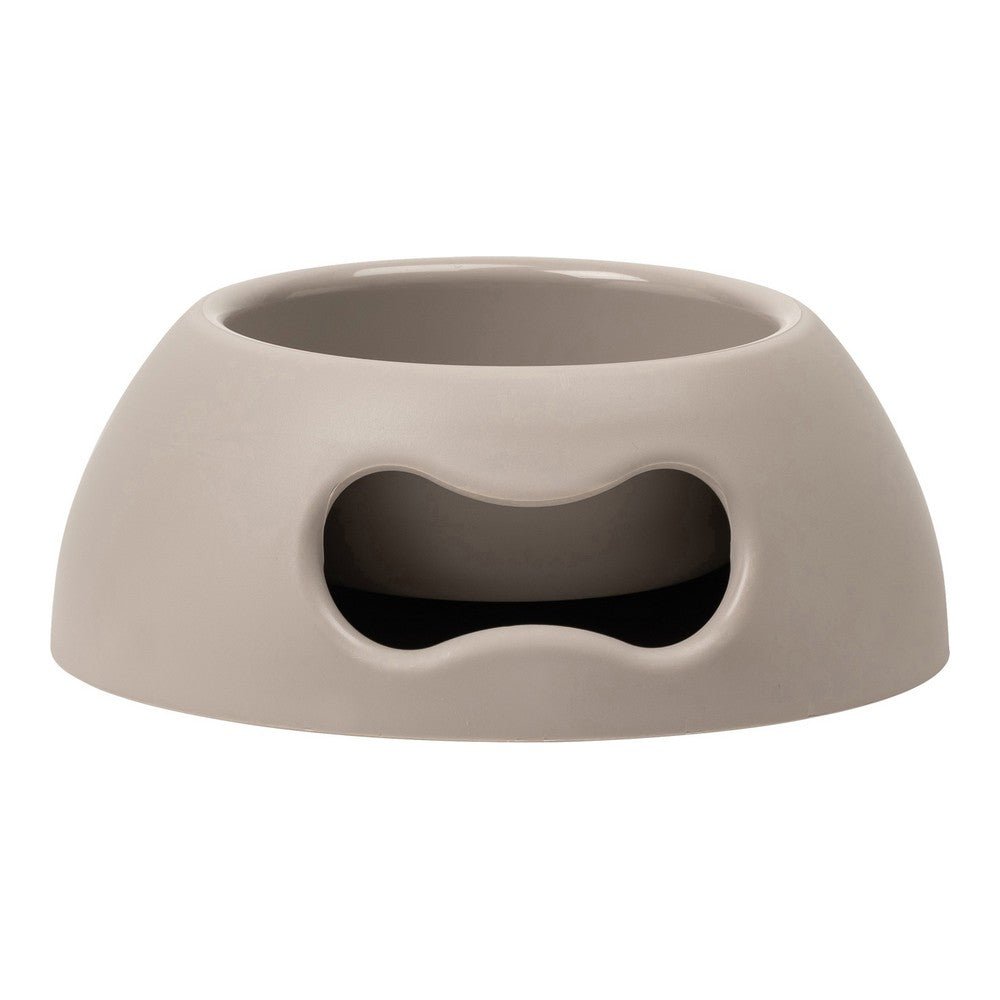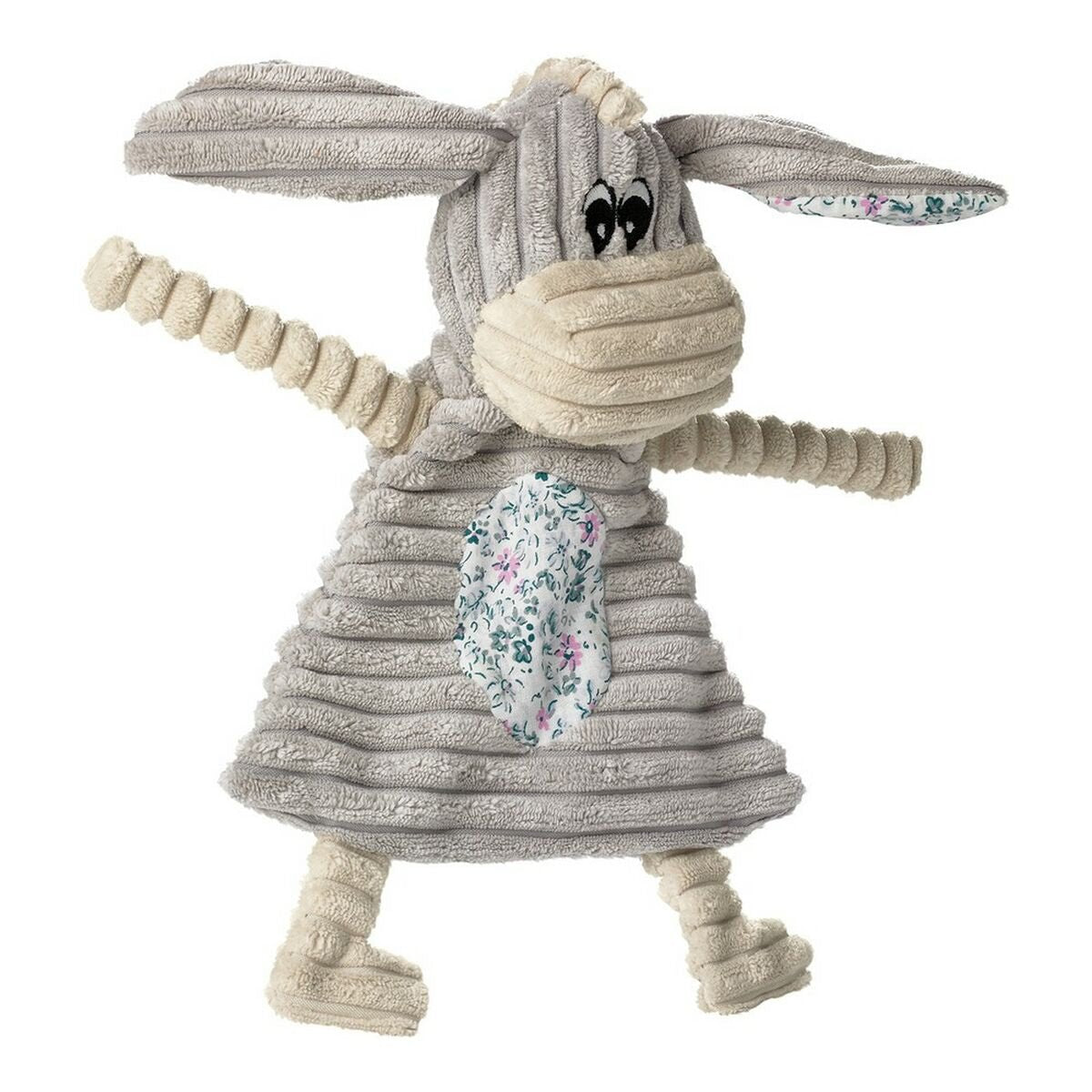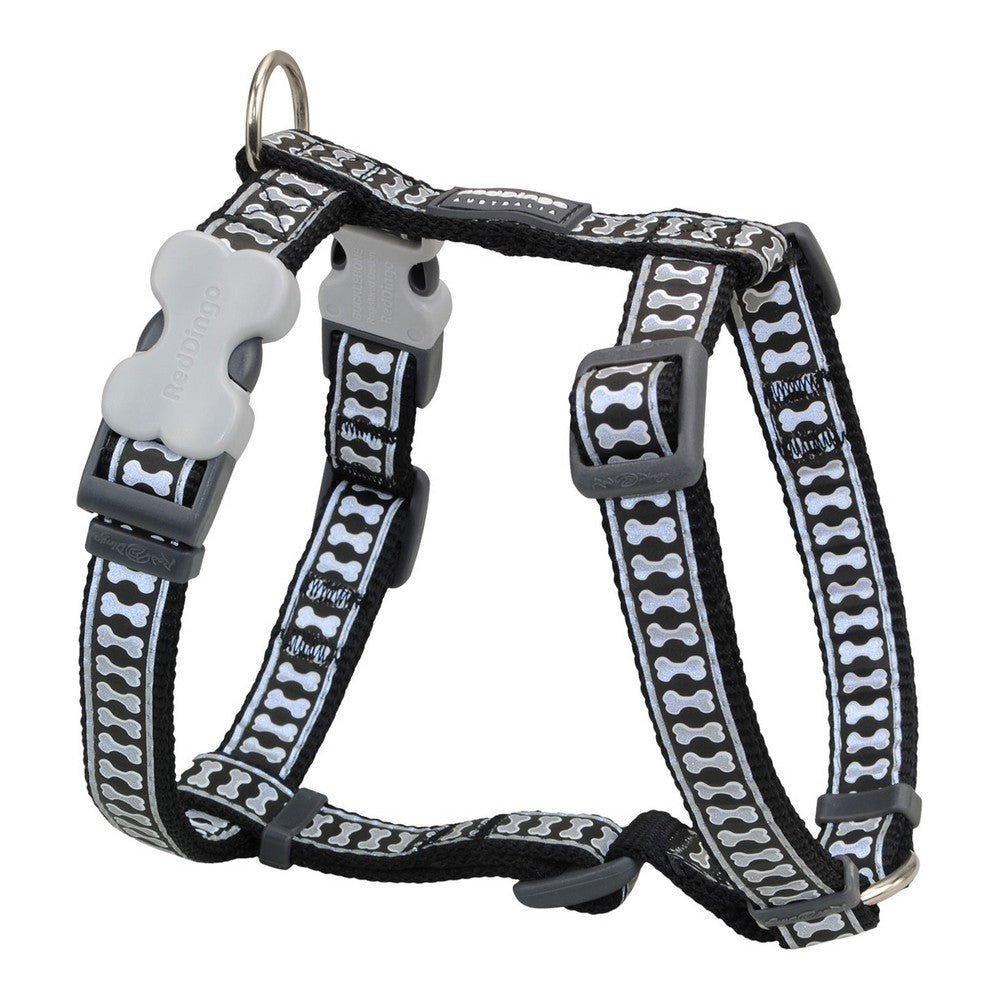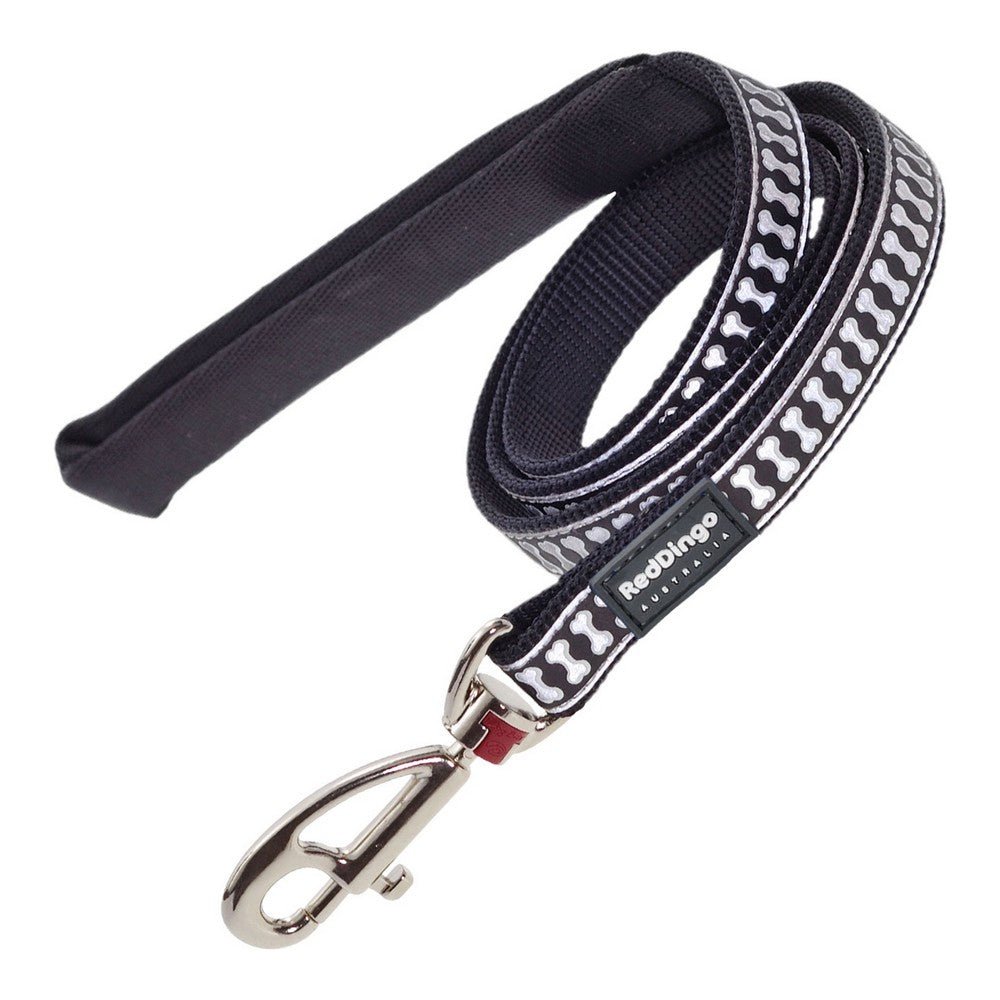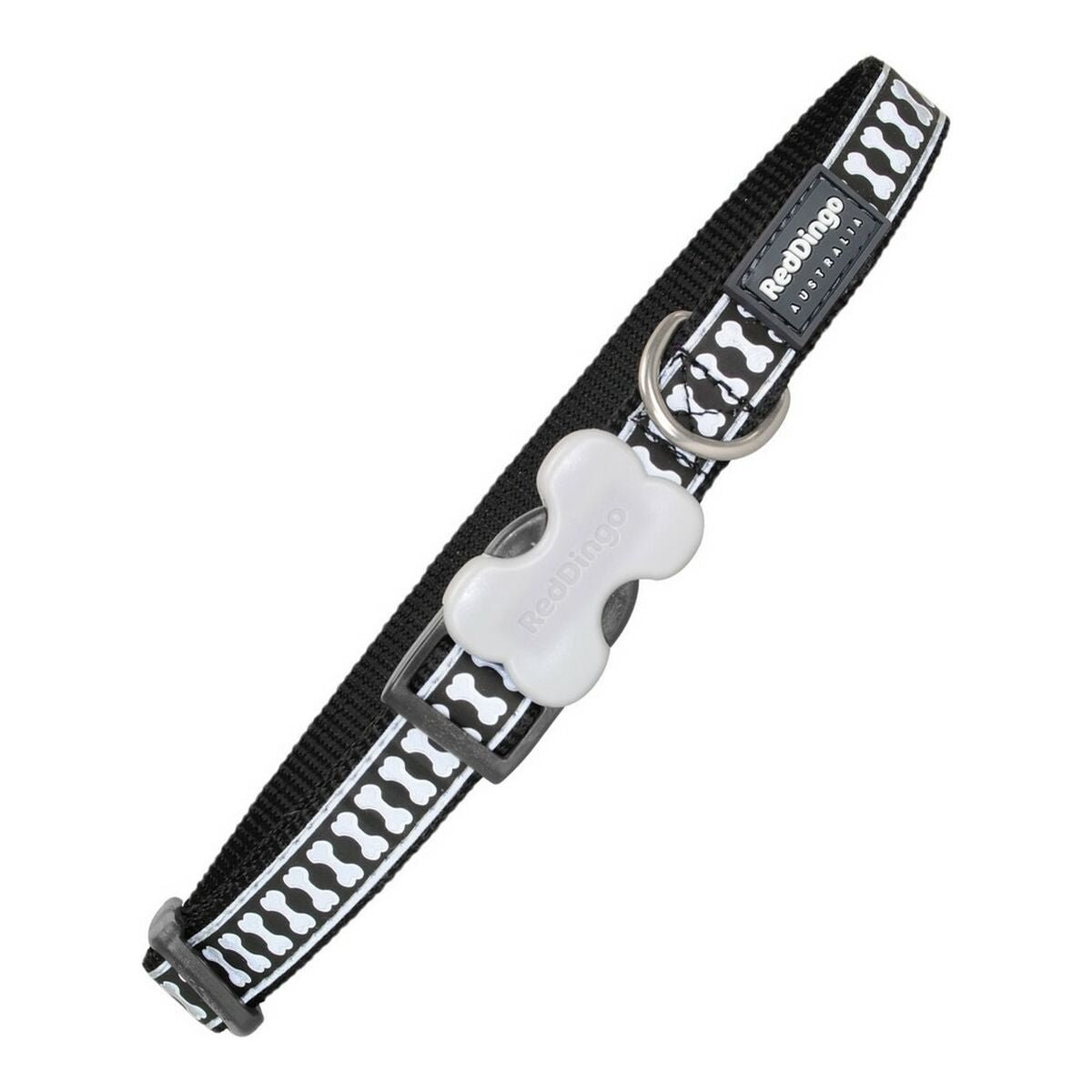When a puppy's appetite suddenly decreases, it can be a worrying time for the dog owner. But what is the cause of the loss of appetite, and how do you best deal with it? Here we go over common reasons and offer advice to help your puppy get back to the food bowl with enthusiasm.
Reasons why your puppy may not eat:
- Changing teeth makes eating uncomfortable.
- Already full from the previous meals or extra treats.
- Easy to get distracted - maybe feeding can be exciting with an activation food bowl?
- Health issues – If food refusal is ongoing, play it safe before the safe and see a vet.
Optimization of the puppy's feeding time:
- Reduce the number of meals: An older puppy does well on breakfast and dinner.
- Check the mouth: Check that all teeth look good and that there are no signs of inflammation.
- Assess the amount of food and treats: Is there perhaps a little too much sliding down the side of the bowl?
- Make mealtime exciting: Use activation toys or hide the food so your puppy can "chase" its food.
- If the puppy still has difficulty eating, consider changing the food or mixing in wet food.
Too thin puppy? How to help with weight gain:
- Increase the daily feed intake, but make sure the feed has a high energy concentration.
- Consider switching to a different feed if the current one goes right through.
- Use high-quality treats as exercise rewards instead of overdoing it with chew bones.
- Remember that weight often stabilizes when the puppy goes through its fastest growing period.
Summary: It is important for dog owners to have a realistic picture of their puppy's nutritional needs. Overfeeding can often be the cause of decreased appetite. However, if the refusal to eat continues or if your puppy seems sick, you should not hesitate to contact a veterinarian.




